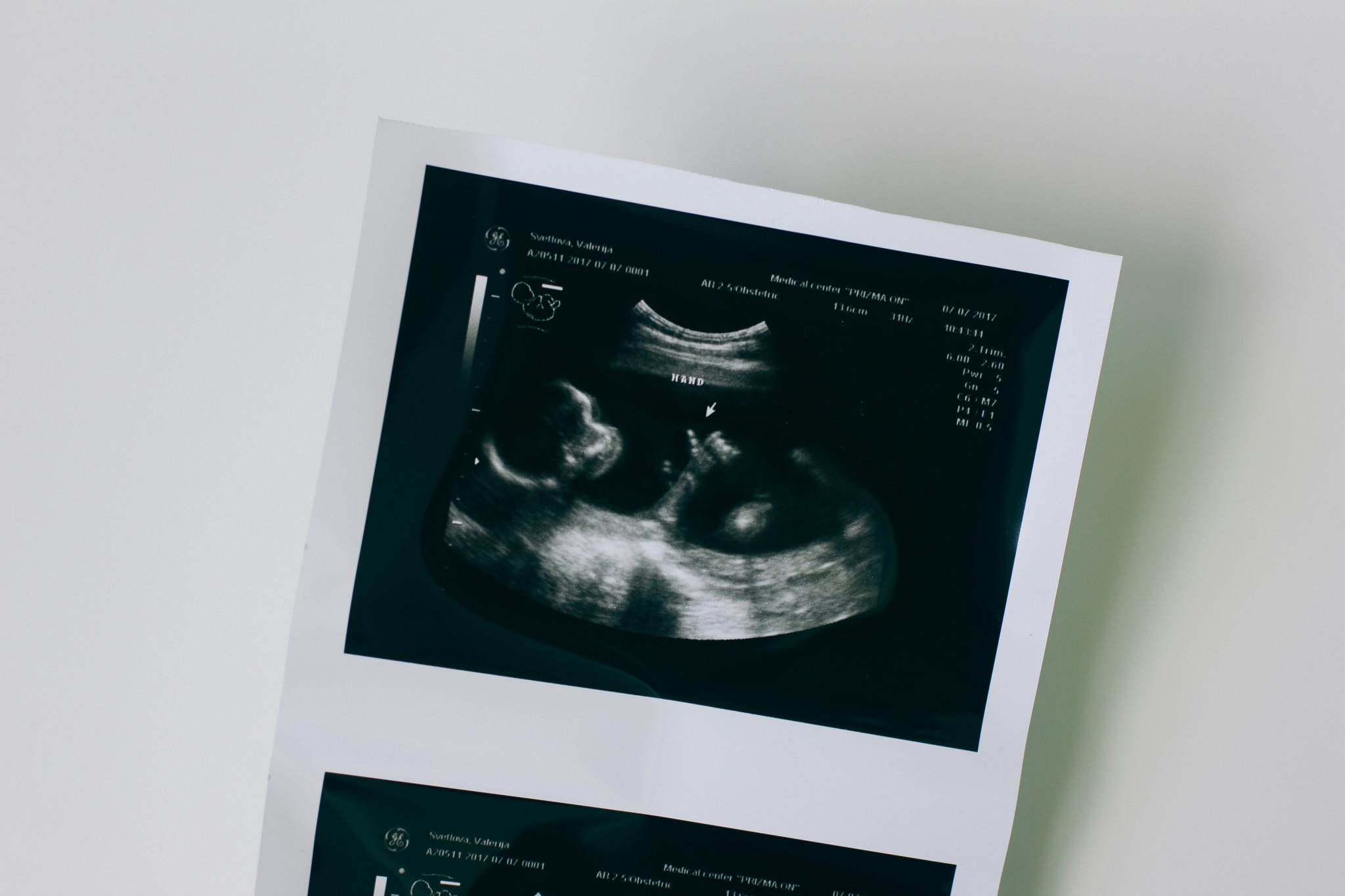Preventable cause of miscarriage uncovered by Warwick researchers in major breakthrough
Warwick researchers have uncovered a hidden, preventable cause of miscarriage in a groundbreaking study.
The study, led by the University of Warwick and University Hospitals Coventry and Warwickshire (UHCW) NHS Trust, has uncovered a faulty process in the womb lining that is a preventable cause of miscarriage. The discovery could offer new answers and hope for women who experience repeated pregnancy loss.
Published in Science Advances and funded by pregnancy charity Tommy’s, this is the largest study of its kind. Researchers analysed over 1,500 womb biopsies from more than 1,300 women with a history of miscarriage. They discovered that a key process, called the decidual reaction, often doesn’t function properly in these women. This reaction is supposed to prepare the womb lining to support an embryo. When it’s weak or overly aggressive, it creates an unstable environment, increasing the risk of miscarriage – even if the embryo is healthy.
Crucially, the study found this issue isn’t random. An abnormal womb lining response tends to repeat across menstrual cycles, which explains why one miscarriage can increase the risk of another
Lead author of the study, Dr Joanne Muter of Warwick Medical School, said: “Many women are told they’ve just had bad luck… but our findings show the womb itself may be setting the stage for pregnancy loss.”
Crucially, the study found this issue isn’t random. An abnormal womb lining response tends to repeat across menstrual cycles, which explains why one miscarriage can increase the risk of another.
In response to these findings, the team developed a diagnostic test that detects a healthy or dysfunctional decidual reaction, checking the womb lining is preparing properly for pregnancy. Already in use at University Hospital Coventry, the test has supported over 1,000 patients.
One participant in the study, Holly Milikouris, described the opportunity to take part as “life changing”. After five miscarriages, she discovered her womb lining wasn’t functioning correctly. With treatment, she went on to have two healthy children.
Dr Tajnin Islam, another patient, also had multiple miscarriages before receiving the test and now has a healthy son. She’s hopeful the study “is going to help a lot of women out there”.
Senior author of the study, Professor Jan Brosens, said: “Importantly, we now have the tools to screen for the risk of preventable miscarriage and to evaluate treatments that improve the womb lining before pregnancy.”
This discovery places the womb lining at the centre of miscarriage care, opening new doors for diagnosis, treatment, and long-overdue support for families.

Comments